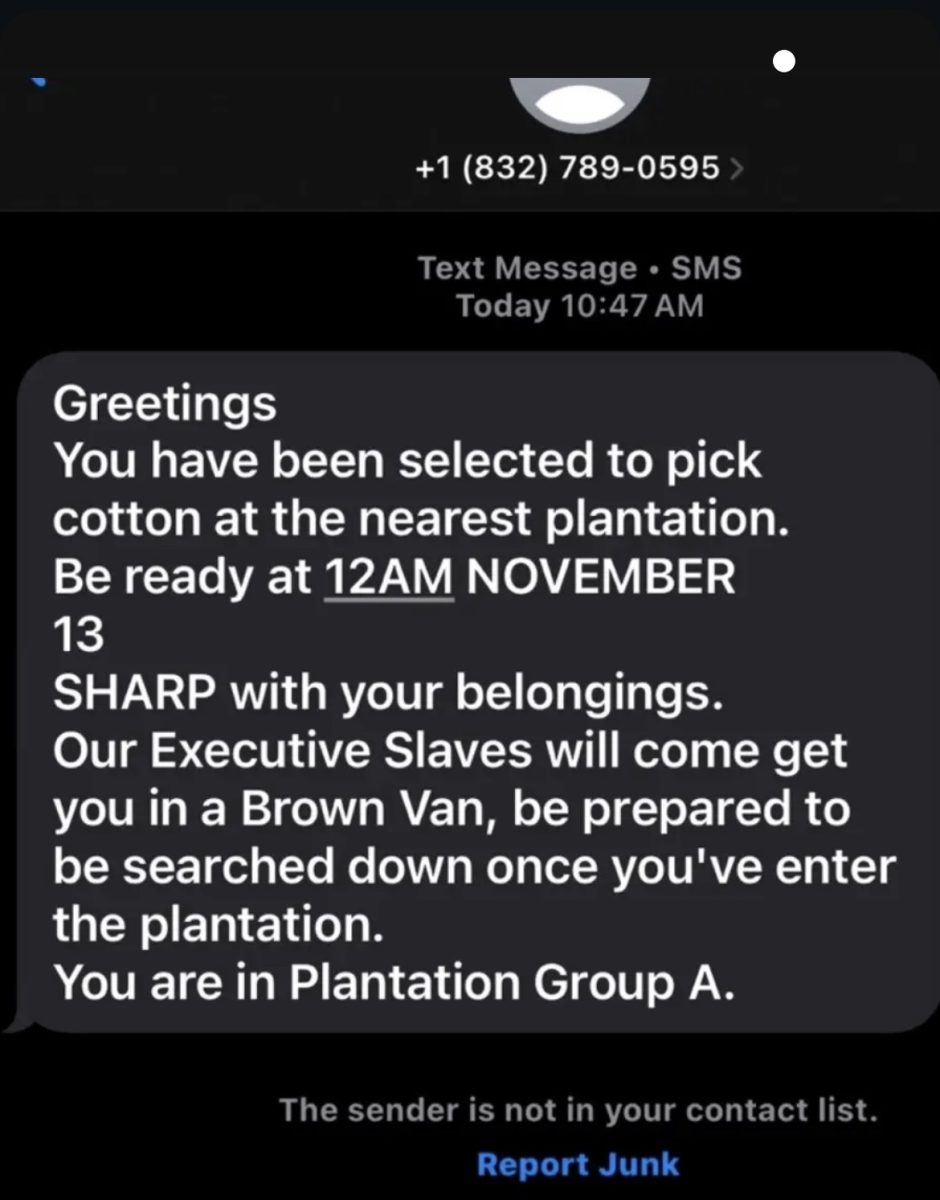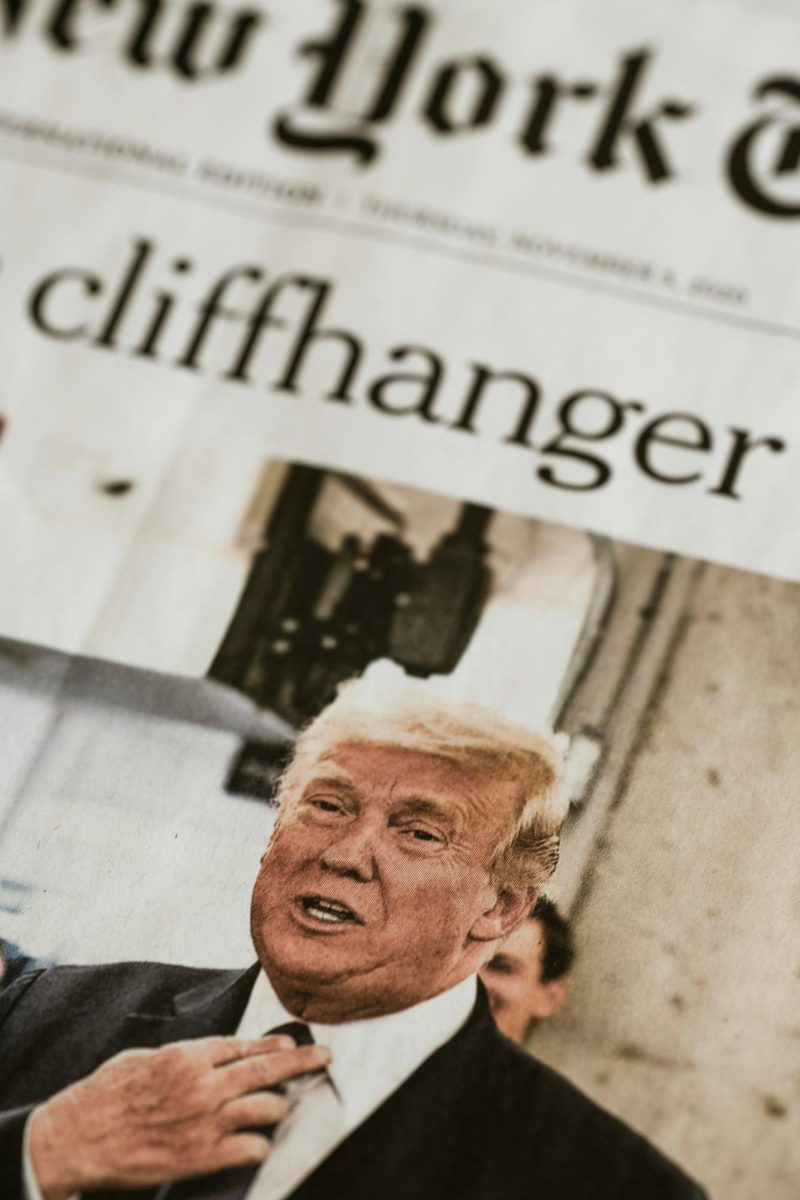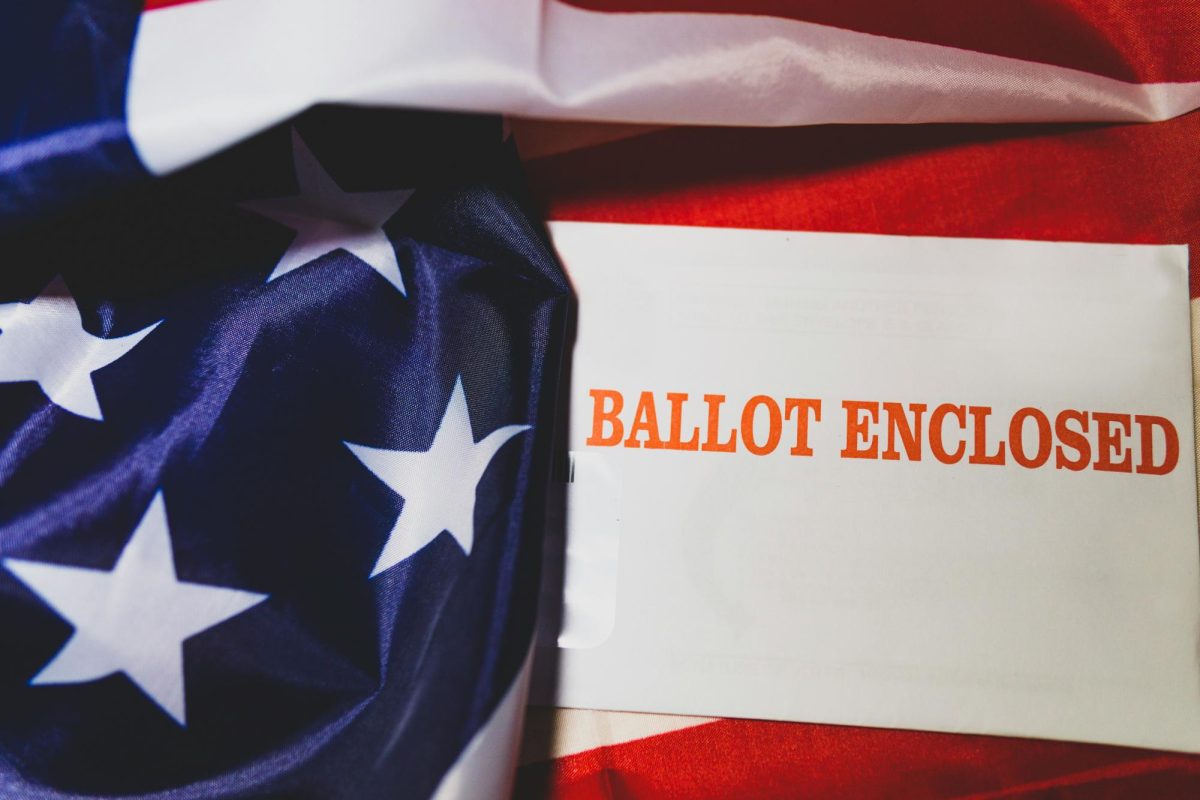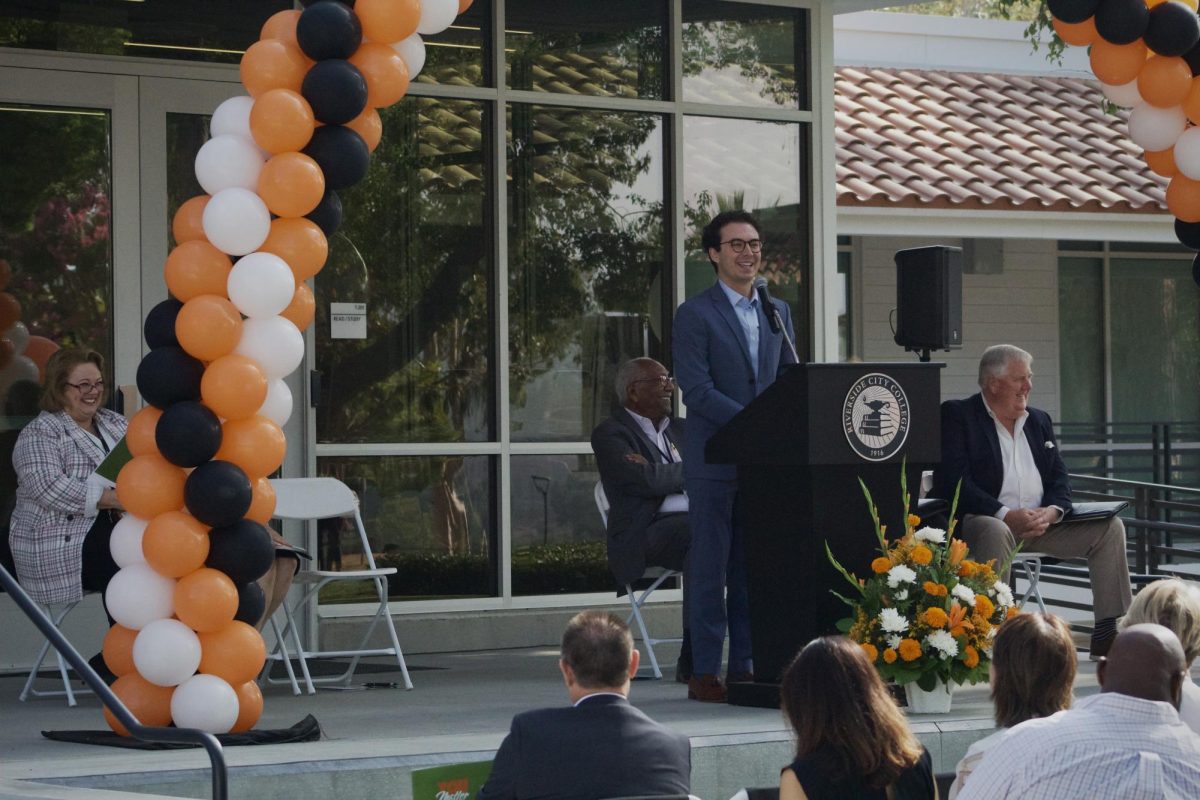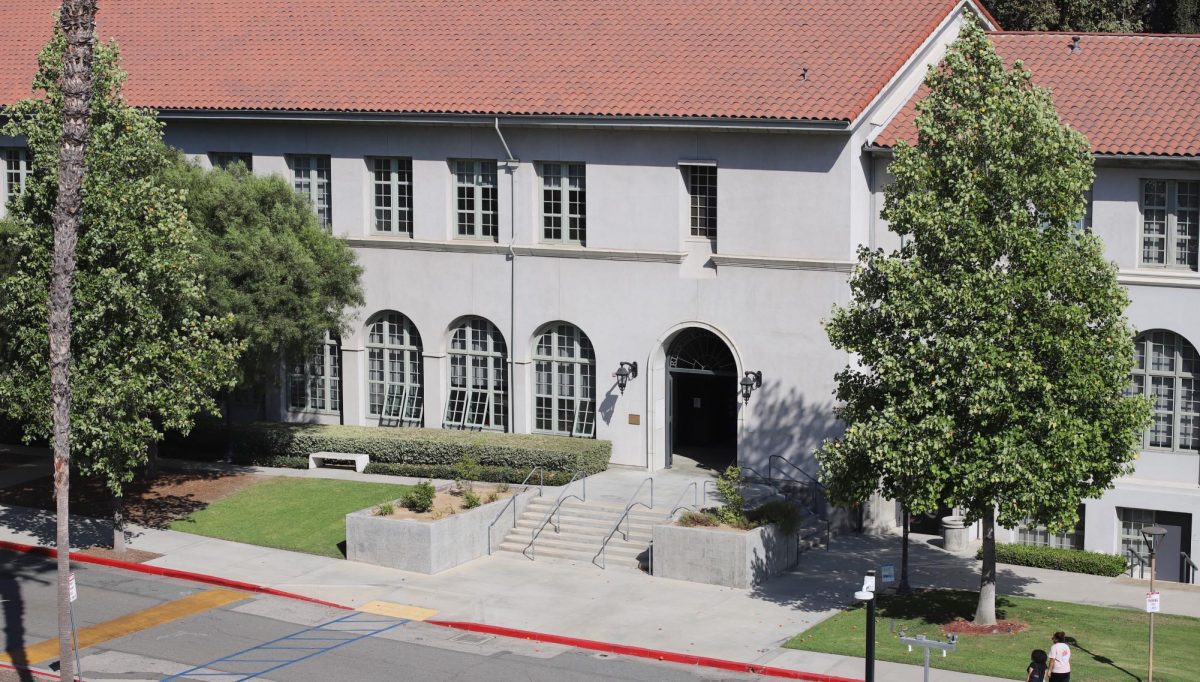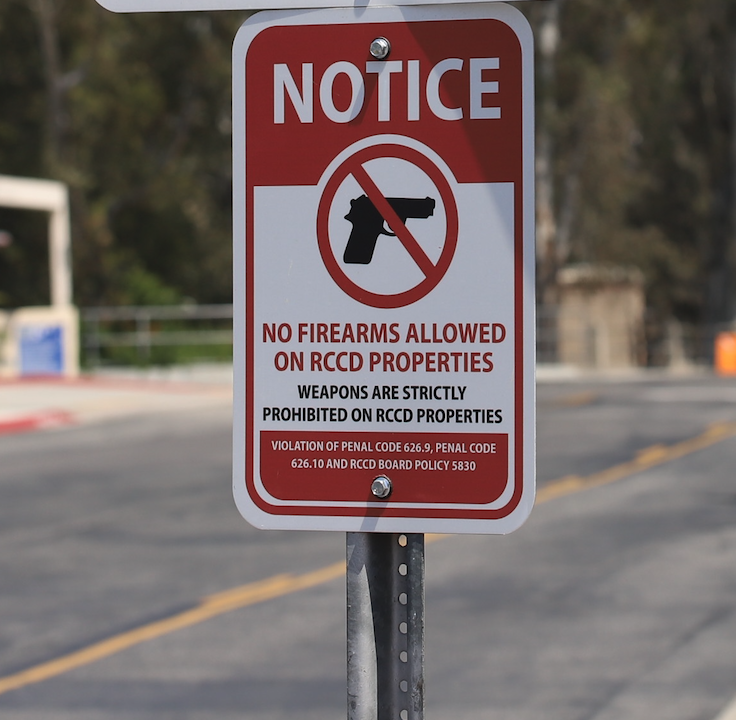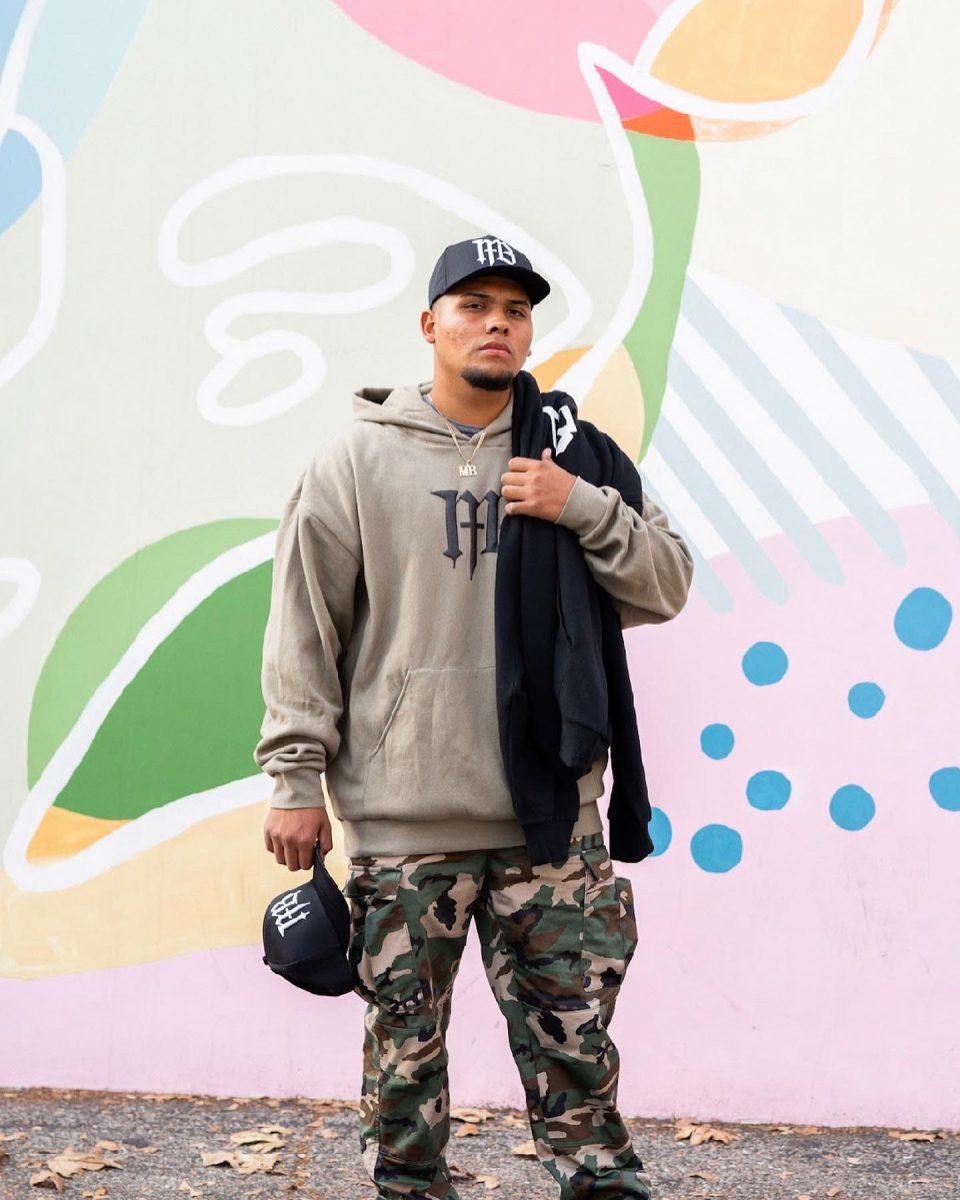By Emily Aguilar
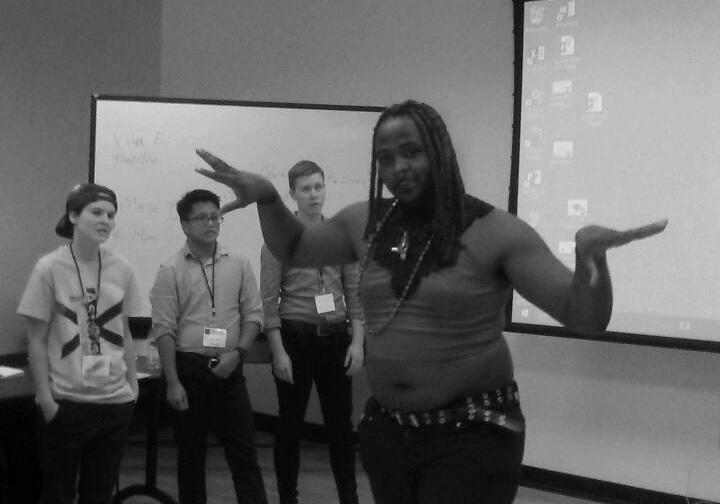
During the third annual Asterisk Trans Conference, held at UC Riverside on Feb. 24 and Feb. 25, transmale Drago Renteria claimed, “it’s a great time to be trans.”
He believes that this era’s progressive mindset will help transgender individuals gain civil rights.
Renteria’s words enforced an optimistic attitude that resonated with his audience.
“Twenty years ago…I couldn’t even live out in the open,” said Jamie, a transwoman. “Things are getting easier.”
The conference was open to people of different ages, races and gender identities, including Riverside City College students and professors.
The common consensus was that people need to consider understanding life from the perspective of a transgender person. Many speakers emphasized the importance of not only fighting for human rights, but making an effort to understand a trans person’s fear of confronting hostility.
With that in mind, the next two days were spent sharing ideas on how to support transgender people in public and private settings.
During the “How to Help a Transperson After a Traumatic Experience” workshop, a Norco College sociology professor asked for advice on ways she could implement a welcoming environment in her classroom.
“I want to be someone who my (transgender) students can rely on, but I don’t know how to go about doing it.”
A few individuals suggested that she put the ally symbol on her syllabus while others advised her to initiate conversations about being transgender with her students.
Students from across the state also mentioned that during lunchtime their campuses had successfully implemented accommodations for transgender students.
Ashley Kennon, a leader of the LGBT club at Moorpark College, shared that her school has gender neutral bathrooms.
Kennon expressed her belief that it is “not fair” to prevent someone from using the restroom because of their identity.
She also added that no one should tell transgender people “how to think, feel and love.”
While the conference emphasized the importance of educating the audience on transgender legislation and transgender people in history, it also gave attendees an opportunity to express their emotions through therapeutic workshops.
Some workshops were about dealing with sexual abuse, while while others consisted of analyzing the psychological effects of living with gender dysphoria. The workshop that garnered the most attention was called “Even My Drums Are Revolutionary”.
The workshop was hosted by transgender poet and musicians J. Mase III and Vita E. Cleveland.
Mase III and Cleveland, founders of transgender talent agency awQward, taught the attendants how to beatbox and write.
The attendees were then allowed to write and perform their own poetry, most of which were about gender identity and sexuality.
Cleveland said that art helps people “overcome self-restrictions” and recognize the importance of self-expression.
Cleveland and Mase III closed the event by performing music and original poetry.
At the end, Cleveland told the audience to “continue to look for the answer” through art.
She also encouraged everyone to never stop trying to overcome boundaries set before them.
“You’re meant to be here,” Vita she said.
“It’s important to stick around. Pain is not all the time, and remember that you’re awesome.”



